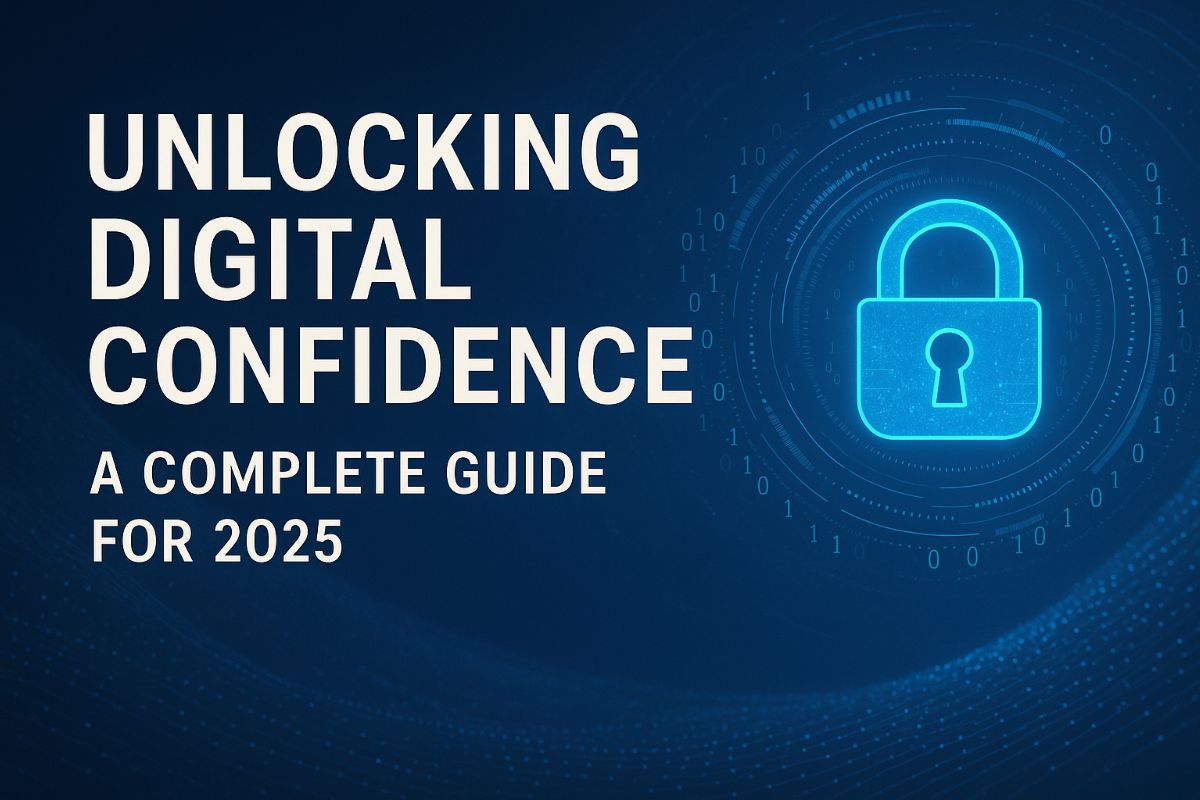Establishing a business can be both an exciting and difficult undertaking. The upfront expenses alone, which include everything from obtaining licenses and permissions to buying equipment and renting office space, may be very taxing. Free grants are available, though, and they can greatly lessen this load. Grants are a desirable alternative for prospective business owners because they are non-repayable, unlike loans. Everything you need to know about obtaining free grants to launch a business is covered in this article, including with the kinds of grants that are available and strategies for improving your chances of receiving them.
1. Comprehending Free Grants for Startup Businesses
A grant is a sum of money given to firms in a variety of industries by public or private entities, such as foundations. Unlike traditional loans, grants are non-repayable, which makes them extremely desirable. However, because applicants must fulfill stringent qualifying requirements and frequently exhibit the potential for a profitable commercial endeavor, grant financing is competitive.
Usually, grants for launching a business are offered for particular objectives, including helping small enterprises in underprivileged areas.
Supporting minority and female-owned enterprises; fostering innovation, particularly in the green or technological sectors; and increasing employment generation in particular areas
2. Types of Grants Entrepreneurs Can Get
New entrepreneurs are eligible to apply for a variety of grants. Some of the primary categories are as follows:
a. Grants from the Government
Federal, state, or local government organizations are the source of government funding. Typically, these funds have stringent eligibility standards and demand copious amounts of evidence to demonstrate the viability of the planned enterprise. Among the examples are:
Small businesses are encouraged to participate in federal research that has the potential to be commercialized through the Small Business Innovation Research (SBIR) Program.
The U.S. Department of Housing and Urban Development provides the Community Development Block Grants (CDBG), which promote economic growth in low- to moderate-income communities.
b. Corporate and Private Foundation Grants
Grants are frequently offered by businesses and private organizations to encourage entrepreneurship. These subsidies could target companies in particular industries, including technology or healthcare, or they might give preference to underrepresented groups, such as minority or female entrepreneurs. Notable instances consist of:
The FedEx Small Business Grant Contest provides innovative small businesses with significant financial grants and support.
Amber Grant for Women: Provides monthly grants to female entrepreneurs so they can expand their companies.
c. Grants Particular to Industry
Certain awards focus on companies in particular sectors, such as technology, healthcare, or agriculture. For example, agricultural businesses may be eligible for funding for sustainable farming practices, and software startups that concentrate on artificial intelligence or cybersecurity may be eligible for assistance from organizations such as the Department of Defense.
d. Grants for Particular Populations
Businesses owned by women, minorities, veterans, or people with disabilities are the only ones eligible for these grants. Among the examples are:
- funds for Women Entrepreneurs: The Amber Grant Foundation and the National Association for the Self-Employed are two organizations that provide funds exclusively for women entrepreneurs.
Centers for Veteran Business Outreach (VBOC): offers financial assistance and training to veterans who want to launch their own businesses.
3. Business Grant Locations
It’s crucial to know where to look in order to submit grant applications successfully. Here are a few trustworthy sources:
a. Government Websites – awards.gov: This extensive resource provides a list of the majority of government awards in which small businesses can apply.
SBA (Small Business Administration): The SBA offers details on a number of grant programs, particularly for small businesses affected by economic downturns or natural catastrophes.
b. Grant Databases Online
Some websites can be an excellent place to start because they compile information on grants that are available.
- Center for the Foundation: Access to thousands of grant opportunities through a subscription-based service.
GrantWatch: Lists grants for NGOs and enterprises from the public and private sectors.
c. Local Resources ####
Information about state and municipal grants can be obtained via regional business development groups, such as economic development agencies or Small Business Development Centers (SBDCs).
4. Advice on How to Get a Business Grant
Although it’s quite difficult to receive a business grant, you can increase your chances by using these pointers:
a. Conduct Extensive Research
Every award has unique conditions and limitations. Knowing what the grant source is looking for and how your company fits with their objectives is crucial. Examine eligibility requirements, grant amounts, due dates, and necessary paperwork.
b. Write a Powerful Business Strategy
When submitting a grant application, a strong business strategy is crucial. It shows that you have a well-defined plan and vision for how the grant funds will support the expansion of your company. Your strategy should include:
- Your business plan
The target audience and market research
Estimates of revenue
Information about how the grant money will be utilized to reach particular company goals
c. Pay Attention to Grant Goals
A lot of grants are mission-driven, which means they support particular goals like economic growth, job creation, or technical advancement. Make your application stand out by emphasizing how your company supports these goals.
d. Consult an Expert
Consider contacting a grant writer or business counselor who can assist you with your application if you’re not experienced with grant applications. Numerous SBDCs in the area offer free grant application support.
e. Document Your Development
Keeping records is essential while obtaining a grant. The majority of grants demand that beneficiaries submit progress reports on a regular basis, outlining how money was used and if the project achieved its objectives.
**5. Typical Errors to Steer Clear of When Submitting Grant Applications
To improve your chances of getting a grant, steer clear of these typical blunders:
Failing to Follow Instructions: Grant applications are frequently rejected for no other reason than that the applicants did not follow the guidelines. Pay close attention to the application instructions and proofread your work.
Ignoring Eligibility Requirements: It is a waste of time to apply for grants for which you are ineligible. Before applying, carefully go over all eligibility conditions.
When submitting generic applications, make sure to customize each one for the particular grant sponsor. Reviewers will not find resonance in a general application.
Missing Deadlines: Due to the tight timelines for grants, make sure to organize your application procedure well in advance to prevent problems at the last minute.
FAQs
Q1: Do business grants need repayment? **
No, grants for businesses are not repayable. But you have to spend the money the way you specified in your grant application. If this isn’t done, there may be legal repercussions or future grant disqualification.
Q2: Can I submit more than one grant application at once?
It is possible to apply for more than one grant at the same time. In order to improve your chances of getting financing, it is actually advised that you apply for multiple grants. Because every grant source will have different objectives, make sure to customize your application.
Q3: What is the duration required to obtain grant funds?
Each grant provider has a different time frame. The time it takes for cash to be disbursed after approval can range from a few weeks to many months. Usually, the grant donor specifies the timeline.
Q4: Are all business expenses covered by grants?
Not always. The majority of grants impose limitations on the use of the money. Certain grants might only pay for particular costs, such research and development or the acquisition of equipment. To prevent money from being misallocated, make sure you comprehend the grant’s stipulations.
Q5: Is it required to hire a grant writer?
Although it’s not required, hiring a grant writer can help you if you’re not familiar with the grant application procedure. Expert grant writers know how to highlight important facets of your company and craft proposals that are attractive.
Q6: Do online firms qualify for grants?
Indeed, a lot of subsidies support online companies, especially those in the technology or e-commerce sectors. Online companies are now recognized and supported by a number of grant programs due to the growth of digital entrepreneurship.
**Q7: Is a registered business required in order to submit a grant application?
In most cases, yes. Proof of a recognized business or, at the absolute least, a thorough business plan are required by the majority of grant providers. Although it’s less often, certain grants might be available to people at the pre-launch stage.
Conclusion
Obtaining a free grant to launch a business can give you the startup capital you require without the burden of repayment. But obtaining a grant involves thorough planning, perseverance, and study. You may improve your chances of success by being aware of the different kinds of grants that are available, knowing where to look for them, and applying according to best practices. To build a solid basis for your company, start with a well-defined business strategy, look into pertinent funding, and keep a close eye on your development. I wish you luck as you pursue your entrepreneurial goals!





